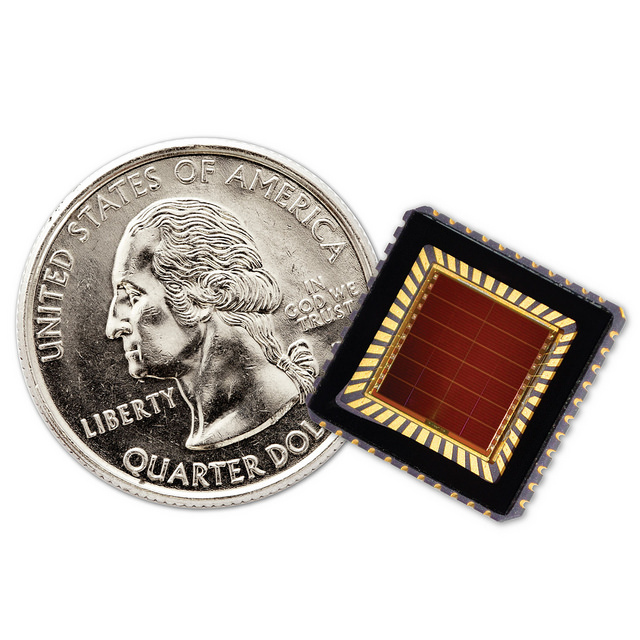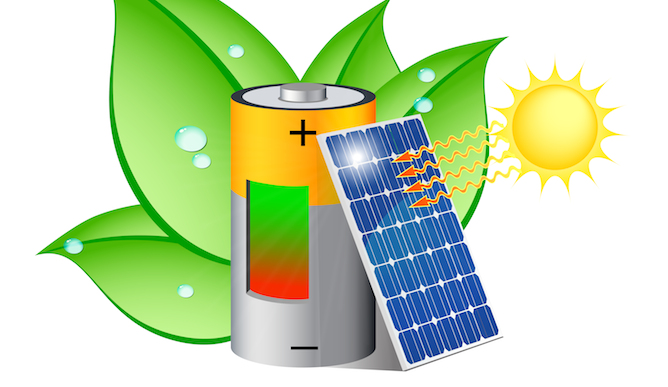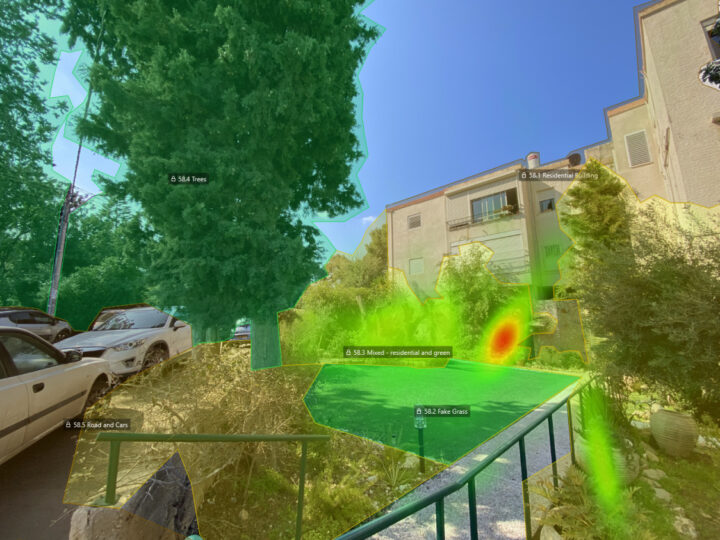Using the sun’s strong energy as a power source is a great idea, and good for the environment. But solar batteries only work well in outdoor conditions when the sun is shining.
That handicap will be overcome within a few months, thanks to a collaboration between two Israeli companies, the five-year-old Sol Chip and the veteran Tadiran Batteries, a subsidiary of Saft, a global designer and manufacturer of advanced technology batteries for industry.
The collaboration agreement culminates a year in which Sol Chip – a portfolio company of the Trendlines Group — won two prestigious awards: Best Incubator Company from Israel’s Chief Scientist and Best Technical Development of Energy Harvesting at the 2013 IDTechEx in Berlin.
Everlasting Solar Battery
Sol Chip CEO Shani Keysar tells ISRAEL21c that a former Tadiran executive saw a presentation on Sol Chip’s maintenance-free Everlasting Solar Battery at a conference, and immediately understood the potential for synergy between the two firms. About a year later, the deal was sealed.
Sol Chip’s energy harvesting approach is designed to enable autonomous operation of devices and systems powered by a “plug and play” solar energy source.
The miniature chip eliminates the need for an expanded solar panel area and provides a perpetual power supply for disruptive technological applications, such as precision agriculture and the Internet of Things (IoT).
“Our product is a light battery that can transfer light to electric energy,” she explains. “Light is harvested from surrounding existing energy, captured and stored for small wireless autonomous devices. Our collaboration with Tadiran is to develop a 24-hour solar battery using our chip to provide a continuous supply of energy from the same source, even when there is no light available.”
Powering agriculture and smart cities
Among many interested companies across the world is the internationally renowned Israeli drip-irrigation system manufacturer Netafim, Keysar says.
Makers of “smart cities” solutions for everything from parking to security are also eager to discover how the 24-hour solar battery could juice their advanced devices for less money and energy expenditure.

The core technology is not unique, Keysar notes.
“Many competitors can supply small solar cells. The unique point is that we successfully integrated this kind of technology within the standard chip-manufacturing process. Our smart chip is very small and compact, with uniquely high temperature resistance, and is able to provide up to nine volts, which is high.
“We really succeeded in using the advantages of the chip industry, and this is why our product is exciting to potential customers all over the world.”
With Tadiran’s team, Sol Chip’s engineers are working to bring this solution to low-power applications — such as wearable electronics and the myriad wireless sensors that control smart cities platforms.
Clean operation of wireless devices
From Tadiran’s perspective, putting Sol Chip’s Energy Harvester chip in its battery can potentially power the lifetime of wireless applications including AMR utility meters, System Control and Data Acquisition (SCADA), data loggers, GPS emergency locators, animal tracking devices, GPS asset/container tracking, GPS vehicle tracking, environmental measurement and radio frequency identification (RFID) devices.
“This collaboration will provide the IoT market with an important step forward towards the autonomous clean operation of wireless sensors,” says Keysar.
Based in Haifa, Sol Chip has dedicated a team to the joint project, and has outsourced some of the development work. Keysar says the company’s chips currently are made outside of Israel, but she hopes to move production to the domestic front.
Tadiran’s products are made in Israel, and the new 24-hour solar battery could be ready for market by the summer of 2014. Tadiran will cooperate with Sol Chip in marketing the product, which has the potential to sell in the millions over the coming years.
For more information, see http://www.sol-chip.com.

















